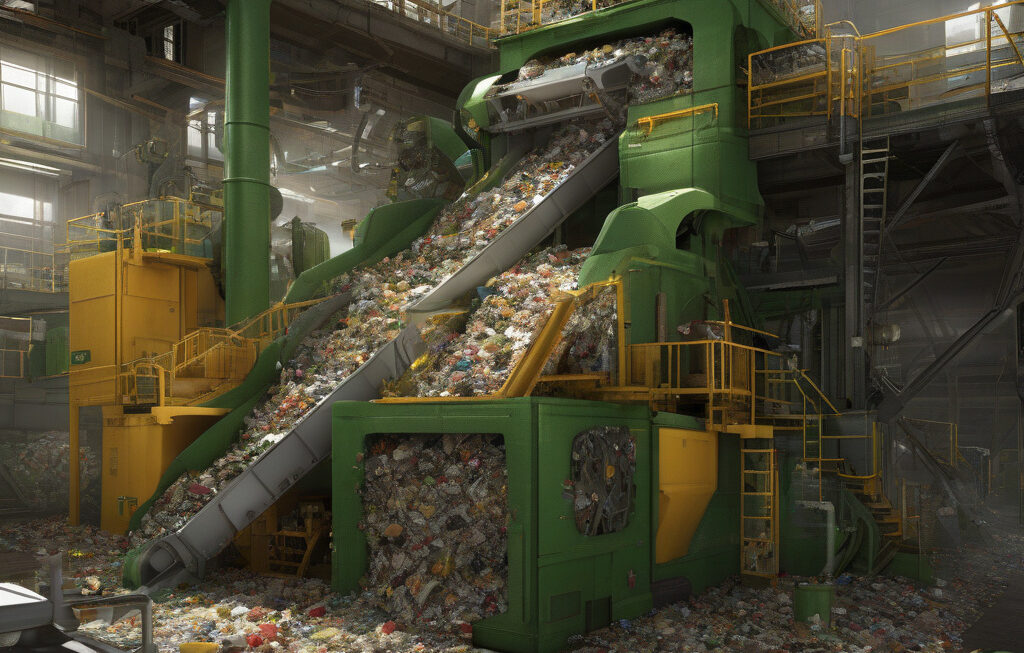Record Levels of Polyester Production Are Making Fashion’s Emissions Worse
Global fiber production hit record highs last year, with fossil-fuel-based polyester extending its market dominance. This surge in polyester production is not only reshaping the fashion industry but also significantly contributing to the worsening carbon footprint of the sector, as highlighted in a recent report.
Polyester, a synthetic fiber derived from petroleum-based substances, has become the cornerstone of the fashion industry due to its versatility, cost-effectiveness, and ease of production. However, its widespread use comes at a considerable environmental cost. The production of polyester involves the emission of greenhouse gases, primarily carbon dioxide, which significantly contributes to global warming and climate change.
The latest report on fiber production trends underscores the alarming reality of the fashion industry’s impact on the environment. As the demand for clothing continues to rise globally, fueled by fast fashion and consumer trends, the production of polyester has surged to unprecedented levels. This mass production not only depletes finite fossil fuel resources but also exacerbates the industry’s already substantial carbon footprint.
According to environmental experts, the fashion industry is one of the largest contributors to global carbon emissions, with polyester production playing a significant role in this environmental burden. The reliance on fossil fuels for polyester production not only intensifies carbon emissions but also perpetuates the industry’s unsustainable practices.
In light of these findings, stakeholders in the fashion industry, including brands, manufacturers, and consumers, are urged to reassess their production and consumption patterns to mitigate the environmental impact of polyester production. Sustainable alternatives, such as recycled polyester, bio-based fibers, and organic cotton, are increasingly being advocated as more eco-friendly options for conscious fashion production.
Several leading fashion brands have already taken steps to reduce their reliance on fossil-fuel-based polyester and transition towards more sustainable practices. By incorporating recycled materials, investing in innovative production technologies, and promoting circular fashion initiatives, these brands are setting a positive example for the industry as a whole.
Moreover, consumer awareness and demand for sustainable fashion are driving significant changes in the market, prompting brands to adopt more transparent and environmentally friendly practices. As consumers become more educated about the environmental impact of their clothing choices, they are increasingly seeking out brands that prioritize sustainability and ethical production methods.
In conclusion, the record levels of polyester production in the fashion industry are undeniably exacerbating the sector’s carbon emissions and environmental footprint. It is imperative for all stakeholders to collaborate and embrace sustainable alternatives to mitigate the impact of polyester production on the planet. By collectively working towards a more sustainable and responsible fashion industry, we can pave the way for a greener and more environmentally conscious future.
#PolyesterProduction, #FashionIndustry, #CarbonFootprint, #SustainableFashion, #EnvironmentalImpact












